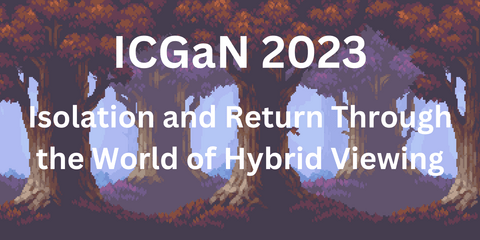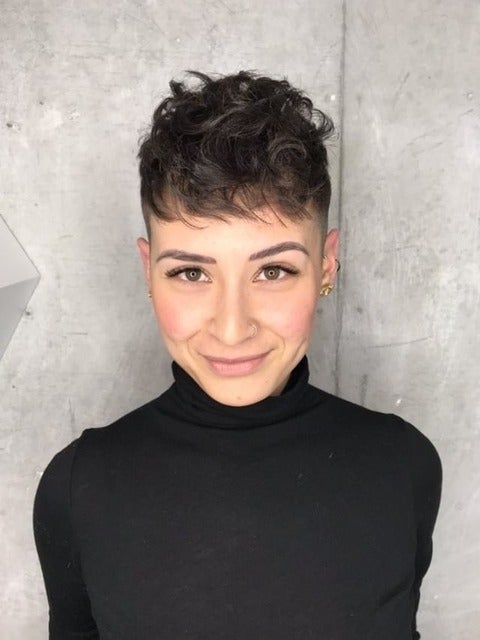ICGaN 2023 - Isolation and Return Through the World of Hybrid Viewing
From May 15 – 19, 2023, the Games Institute (GI) hosted the second International Conference on Games and Narrative (ICGaN). It focused on the theme Isolation and Return: The Making of Narrative Worlds. Speakers from 40 universities joined from around the world explained how, societally, we have all been forced to consider and rethink personal and communal lives necessitated by the COVID-19 pandemic. The final turnout of the 2023 conference resulted in 17 sessions, 47 unique presentations, 5 keynotes, 3 workshops, 4 academic game streams, and a game jam.

